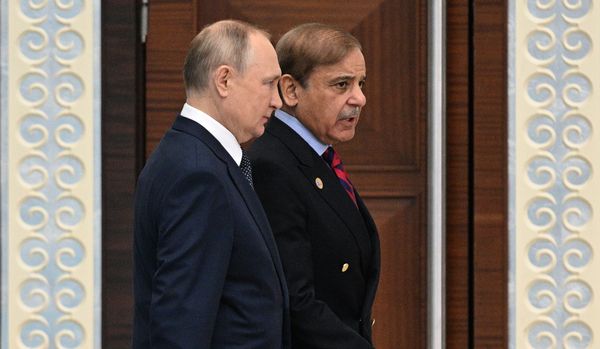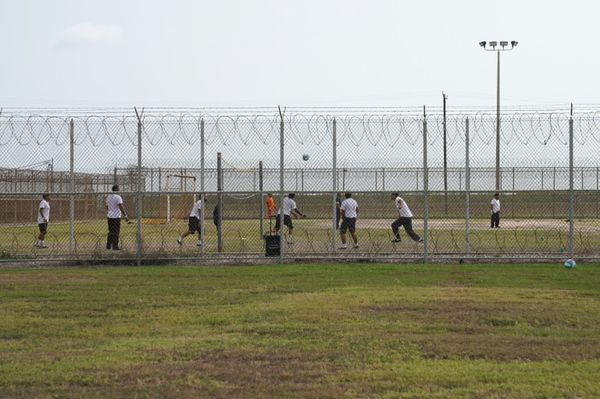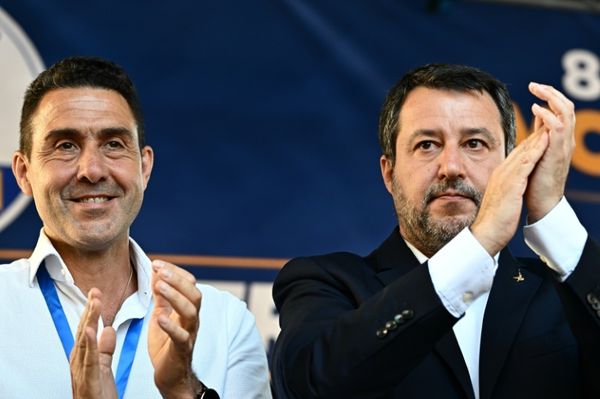
Gulf Cooperation Council (GCC) foreign ministers have welcomed the Saudi-Iran agreement sponsored by China. They said the agreement, which stipulates resuming diplomatic relations, represents a positive step to resolving regional disputes via dialogue.
Chaired by Sayyed Badr Al-Busaidi, Oman’s minister of foreign affairs, the 155th meeting of GCC foreign ministers on Wednesday in Riyadh discussed ways to strengthen regional security and stability.
“The agreement represents an important step in the context of our common goals in the GCC countries to strengthen the pillars of security, stability and good neighborliness,” said Al-Busaidi.
He expressed his hope for the agreement ushering in a new phase of cooperation that is based on mutual trust and respect.
Al-Busaidi pointed out that the current GCC ministerial meeting is taking place amid regional, Arab, and international developments.
“Today, more than ever, there is a need to reinforce joint Gulf action,” said Al-Busaidi, adding that this comes at a time that the international community, in all its forms, is intensively looking to bolster ties with the GCC.
At the meeting, the foreign ministers also stated that the agreement between Saudi Arabia and Iran is a step towards establishing relations between countries based on understanding, mutual respect, good neighborliness, respect for sovereignty, and non-interference in internal affairs.
They also highlighted that the agreement aligns with the charters of the UN and the Organization of Islamic Cooperation (OIC) and international laws and norms.
The top GCC diplomats also condemned the continued foreign support for terrorist groups and sectarian militias in Iraq, Lebanon, Syria, Yemen and others, stressing that they threaten Arab national security, destabilize the region, and impede the work of the international coalition to combat ISIS.
The council also stressed the importance of Iran’s commitment not to exceed the rate of uranium enrichment required for peaceful uses.
It also affirmed the need for preserving maritime security in the region, and addressing anything that might threaten shipping lines, international trade, and oil installations in GCC states.
As for Yemen, the council affirmed its full support for the Presidential Leadership Council.
The foreign ministers also called on the Houthis to respond to the invitation made by the Presidential Leadership Council, to negotiate under the supervision of the UN to reach a political solution.
Moreover, the council reaffirmed its firm positions towards preserving the territorial integrity of Syria and respecting its independence and sovereignty over its lands.
It rejected regional interference in Syria’s internal affairs and said it supported a political solution to the crisis in accordance with UN resolutions, including Security Council Resolution No. 2254.







